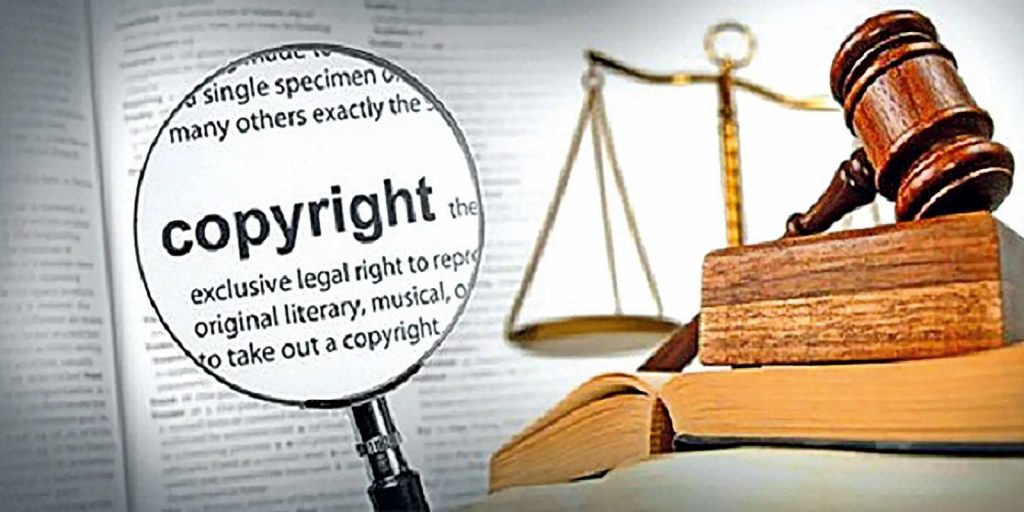- Establishing legal grounds in Copyright infringement
The first step towards filing a claim for copyright infringement is identifying the legal grounds on which your copyright may have been infringed.
Infringement of a copyright often arises when a third party performs any acts legally granted to the copyright holder or author in relation to the copyrighted item, such as performance, reselling, etc without the authority of the copyright holder or owner of the copyrighted work. Owners of copyrights often grant the right of such use of the copyright works by third parties by way of licensing.
For a breach of copyright to occur, the act in question should be outside the limitations and exceptions provided in Section 26 of the Copyright Act, which include the right to reproduction, distribution, broadcasting, and communication to the public.
- Two Steps a copyright owner can take to prevent infringement
- As far as protection goes, for all online material the owner is encouraged to add a generic tag of “(c) (author’s name) 2011. All Rights Reserved” at the end of every work uploaded online.
- The owner’s contact details should also be easily accessible both on the site/blog in case attempts are made by a third party to contact him/her regarding consent to use the copyright work.
- Future material added by the copyright owner after the issuance of a certificate of registration of copyright, can still be protected. All you need to do is either:
- copy the new content on a CD and lodge the same at the offices of the Kenya Copyright Board with a copy of the Original Certificate of Copyright Registration for the officials to update their records free of charge; or
- Upload the copyrighted work on the Board’s online copyright portal https://nrr.copyright.go.ke/
- What’s constitutes copyright infringement?
Copyright infringement is set out in section 35(1) of the Copyright Act, to include, inter alia, the following:
Copyright shall be infringed by a person who, without the licence if the owner of the copyright—
- does, or causes to be done, an act the doing of which is controlled by the copyright; or
- imports, or causes to be imported, otherwise than for his private and domestic use, an article which he knows to be an infringing copy.
Section 38(2) of the Copyright Act further states that “Any person who causes a literary or musical work, an audio-visual work or a sound recording to be performed in public at a time when copyright subsists in such work or sound recording and where such performance is an infringement of that copyright shall be guilty of an offence unless he is able to prove that he had acted in good faith and had no reasonable grounds for supposing that copyright would or might be infringed”.
In essence, this provision makes it an offence to cause the performance of a literary, musical or audio visual work protected by copyright in public where such a performance constitutes an infringement.
- What to do in case there is an ongoing copyright infringement?
One should seek legal advise from a competent Intellectual property lawyer who will identify the basic grounds for your lawsuit and present your facts.
The lawyer will either send a cease and desist letter to the infringer or a demand letter to stop infringement and seek damages due.
The copyright owner can also refer the claim to the Kenya Copyright Board which offers mediation services to the copyrights owners and users where they opt not to go to court and are seeking a fast and expeditious process to determine cases. Most of the mediation cases involve different rights holders in the music and book publishing sectors.
The Kenya Copyright Board has also handled cases involving infringement of copyright in visual works.
Conclusion
Navigating around copyright infringement requires experienced legal knowledge and expertise. At Netsheria International, we have a team of experienced lawyers who can offer legal assistance in seeking legal recourse in the event of a breach of copyright. For more information, you can go to our website www.netsheria.com


